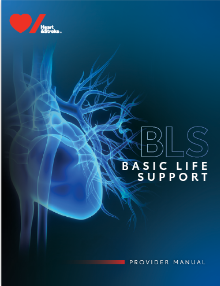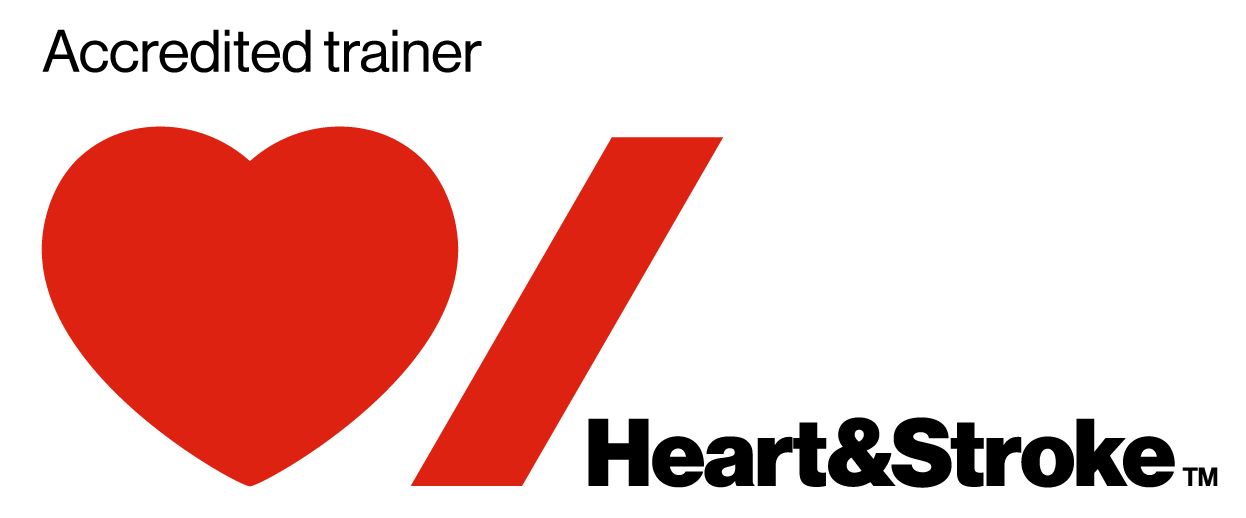
The basic life support course teaches the theoretical and hands-on skills needed to respond to medical emergencies. The skills taught are aimed at driving the best possible patient outcomes. It is intended to equip the participants with skills to respond to cardiac arrest patients which may improve their best chance of survival.
Objectives
At the end of the training, the participants will have acquired the necessary skills which will help them to:
Recognize a cardiac arrest
Activate the emergency response system promptly
Respond to the emergency quickly and confidently
Perform high-quality single-rescuer CPR and multi-rescuer team CPR.
The BLS is a cornerstone course designed for healthcare professionals and trained first responders who provide care to patients in a wide variety of settings including in-facility and prehospital.
Course Content
Our BLS course content is based on the Heart and Stroke Foundation Canada’s syllabus. The following topics are covered
Chain of Survival
1-rescuer / 2-rescuer CPR
High-quality chest compressions with a feedback device
Multi-rescuer team CPR
Adult, Child and Infant CPR and relief of choking
Use of an AED
Effective ventilations using a barrier device and bag-mask device
Opioid-associated life-threatening emergencies
Role of the CPR coach; Maternal cardiac arrest, Anaphylaxis, Drowning, Heart attack and stroke, and other life-threatening emergencies
Training Strategies
Our teaching is based on the principle of multiple intelligences where different strategies are used to ensure that no type of learners is excluded. Teaching techniques can easily be customized to suit the learners. The dominant teaching techniques used in our classroom are videos, discussions, and skill demonstrations.
